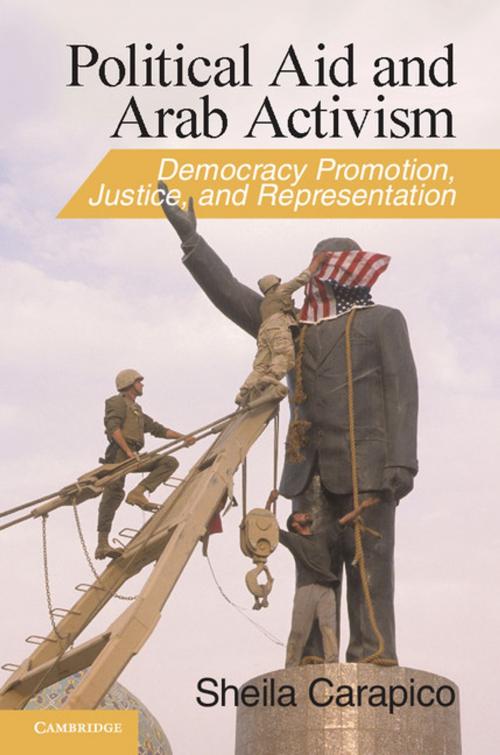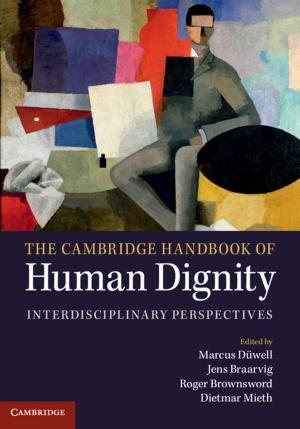Political Aid and Arab Activism
Democracy Promotion, Justice, and Representation
Nonfiction, Social & Cultural Studies, Political Science, International, International Relations| Author: | Sheila Carapico | ISBN: | 9781107459991 |
| Publisher: | Cambridge University Press | Publication: | November 18, 2013 |
| Imprint: | Cambridge University Press | Language: | English |
| Author: | Sheila Carapico |
| ISBN: | 9781107459991 |
| Publisher: | Cambridge University Press |
| Publication: | November 18, 2013 |
| Imprint: | Cambridge University Press |
| Language: | English |
What does it mean to promote 'transitions to democracy' in the Middle East? How have North American, European and multilateral projects advanced human rights, authoritarian retrenchment or Western domination? This book examines transnational programs in Egypt, Jordan, Morocco, Yemen, Lebanon, Tunisia, Algeria, the exceptional cases of Palestine and Iraq, and the Arab region at large during two tumultuous decades. To understand the controversial and contradictory effects of political aid, Sheila Carapico analyzes discursive and professional practices in four key subfields: the rule of law, electoral design and monitoring, women's political empowerment and civil society. From the institutional arrangements for extraordinary undertakings such as Saddam Hussein's trial or Palestinian elections to routine templates for national women's machineries or NGO networks, her research explores the paradoxes and jurisdictional disputes confronted by Arab activists for justice, representation and 'non-governmental' agency.
What does it mean to promote 'transitions to democracy' in the Middle East? How have North American, European and multilateral projects advanced human rights, authoritarian retrenchment or Western domination? This book examines transnational programs in Egypt, Jordan, Morocco, Yemen, Lebanon, Tunisia, Algeria, the exceptional cases of Palestine and Iraq, and the Arab region at large during two tumultuous decades. To understand the controversial and contradictory effects of political aid, Sheila Carapico analyzes discursive and professional practices in four key subfields: the rule of law, electoral design and monitoring, women's political empowerment and civil society. From the institutional arrangements for extraordinary undertakings such as Saddam Hussein's trial or Palestinian elections to routine templates for national women's machineries or NGO networks, her research explores the paradoxes and jurisdictional disputes confronted by Arab activists for justice, representation and 'non-governmental' agency.















